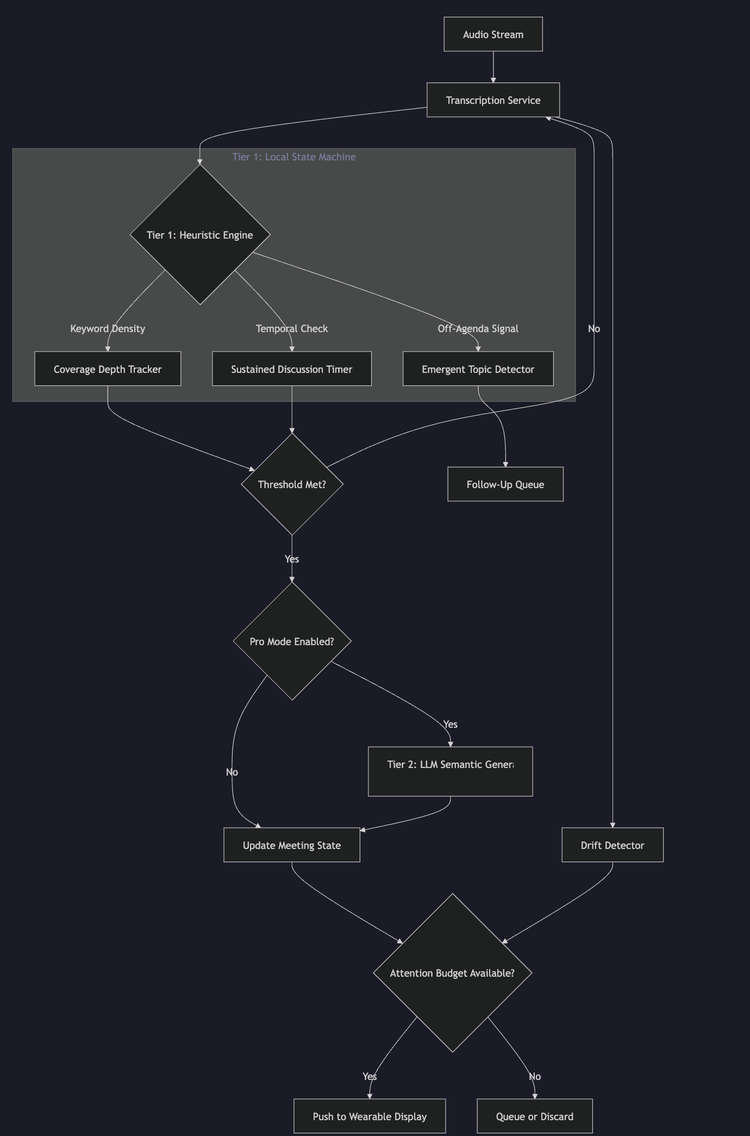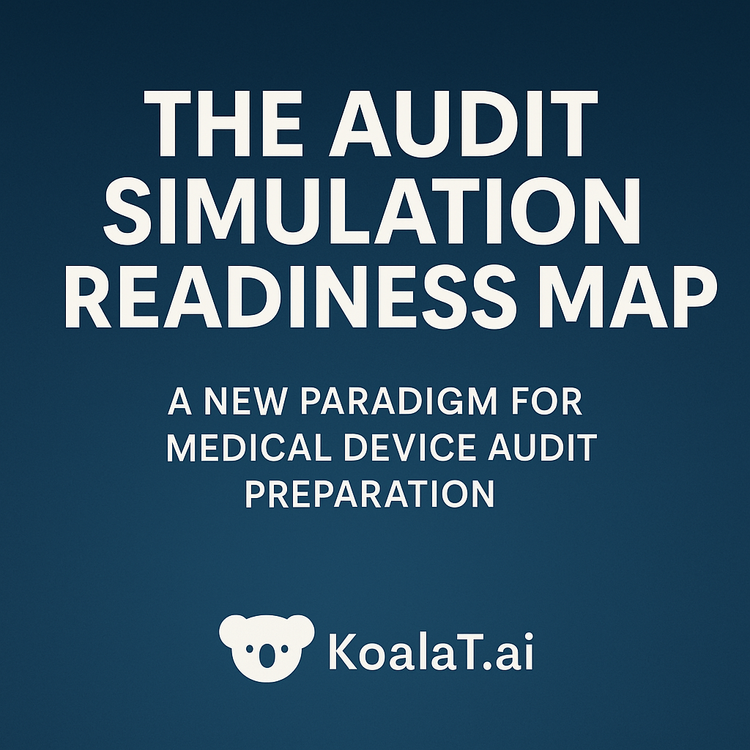Preparing for the Unexpected: How AI-Powered Risk Management Can Mitigate Compliance Risks

What if AI could predict potential compliance risks before they even happen?
What if it could help you proactively mitigate those risks, saving your company time, money, and headaches?
Artificial intelligence is transforming risk management in the medical device and pharmaceutical industries, enabling a more proactive and efficient approach to ensuring compliance.
1. The Evolving Landscape of Risk Management
Traditional risk management approaches in the life sciences industry, such as FMEA and reactive responses have limitations in today's rapidly changing world with complex regulations and emerging technologies[1].
2. The Power of AI in Risk Management
AI enhances traditional practices by predicting risks, automating assessments, and offering real-time monitoring, transforming how we approach compliance risk management.
3. Predictive Analytics
AI analyzes vast amounts of data to predict potential risks before they occur[2][3].
Example: "Imagine an AI system that can analyze your company's past audit findings, supplier performance data, and product complaint records to identify trends and predict the likelihood of specific issues in the future. That's the power of predictive analytics."
4. Automated Risk Assessment
AI automates risk assessments evaluating hazards with algorithms, improving efficiency and reducing human error[4][5].
Example: "Instead of manually filling out risk management spreadsheets, AI can analyze your product design, manufacturing processes, and intended use to automatically identify potential hazards and calculate risk scores, saving you time and reducing the potential for human error."
5. Real-Time Monitoring & Alerts
AI monitors data streams continuously and triggers alerts when risks are detected, enabling swift intervention to prevent minor problems from escalating[6].
Example: "An AI-powered system can monitor your production line in real-time, analyzing data from sensors and equipment to identify deviations from normal operating parameters. If a potential issue is detected, the system can automatically alert your quality team, allowing for immediate intervention and preventing a minor problem from becoming a major crisis."
6. Personalized Recommendations
AI provides tailored advice based on a company's specific context, products, and applicable regulations[5].
Example: "Instead of generic advice, AI can consider your company's size, product type, and the specific regulations you're subject to, providing you with customized recommendations that are more effective and actionable."
7. Addressing Concerns & Ethical Considerations
While AI augments human expertise it does not replace it[9].
Transparency & Explainability: AI systems must be transparent and provide clear explanations for their decisions, especially in highly regulated industries like medical devices and pharmaceuticals[7][10].
Data Privacy & Security: Safeguarding sensitive data used in AI-driven risk management systems is crucial[8][10].
8. KoalaT.ai's AI-Driven Approach
We integrate AI into quality and compliance with tools like Audit Risk Predictor Agent, Supplier Quality Guardian, and CAPA Assistant, harnessing the power of predictive analytics, automated risk assessment, and personalized recommendations. https://koalatai.github.io/Hub/
Our commitment to developing ethical AI solutions prioritizes transparency, explainability, and data security, ensuring trust and reliability in our offerings.
Are you ready to embrace the future of risk management and unlock the power of AI to enhance your compliance efforts? Contact KoalaT.ai today for a free consultation and learn how we can help you build a more resilient and proactive quality system.
[References]
[1] https://secureframe.com/blog/ai-in-risk-and-compliance
[2] https://www.ncbi.nlm.nih.gov/pmc/articles/PMC10718098/
[3] https://www.ncbi.nlm.nih.gov/pmc/articles/PMC8826344/
[4] https://bmcmedethics.biomedcentral.com/articles/10.1186/s12910-021-00687-3
[5] https://www.ncbi.nlm.nih.gov/pmc/articles/PMC10385763/
[6] https://journalofethics.ama-assn.org/article/how-might-artificial-intelligence-applications-impact-risk-management/2020-11
[7] https://www.ncbi.nlm.nih.gov/pmc/articles/PMC10757074/
[8] https://legal.thomsonreuters.com/blog/how-ai-can-help-you-manage-risks/
[9] https://medtrainer.com/blog/ai-healthcare-compliance/
[10] https://www.grantthornton.com/insights/articles/life-sciences/2023/ai-and-life-sciences-navigating-risks-and-challenges





